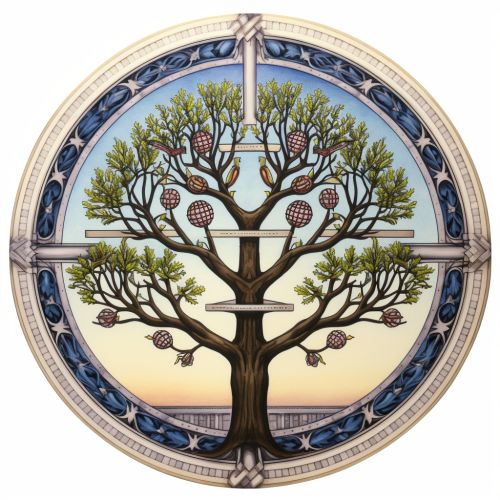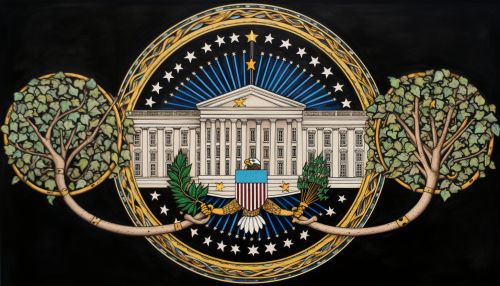Separation of powers
Overview
The separation of powers is a fundamental concept in constitutional law, which divides the governmental powers into distinct branches to prevent the abuse of power. This principle is often attributed to the French philosopher Baron de Montesquieu, who articulated it in his 1748 work, "The Spirit of the Laws". The separation of powers is a cornerstone of democratic governance, and it is enshrined in many national constitutions, including those of the United States, France, and Germany.


Historical Development
The idea of the separation of powers has a long history, dating back to ancient Greece and Rome. The Roman Republic, for instance, had a system of checks and balances that divided power among different offices and assemblies. However, the modern concept of the separation of powers is most closely associated with Montesquieu, who argued that political liberty could only be preserved if the powers of government were separated and balanced against each other.
Theoretical Basis
The separation of powers is based on the idea that no one person or group should have absolute power. By dividing governmental powers among separate branches, each with its own responsibilities and authorities, the principle aims to prevent the concentration of power and protect individual liberties. This division also creates a system of checks and balances, where each branch can limit and control the others, further preventing the abuse of power.
Implementation in Different Jurisdictions
The implementation of the separation of powers varies greatly among different jurisdictions. In the United States, for example, the Constitution divides the powers of government among three branches: the legislative, the executive, and the judicial. Each branch has distinct powers and responsibilities, and each can check and balance the others. In contrast, the United Kingdom does not have a formal separation of powers, but rather a fusion of powers, where the executive and legislative branches are closely intertwined.
Criticisms and Controversies
While the separation of powers is a widely accepted principle, it has also been subject to criticism and controversy. Some argue that it can lead to inefficiency and gridlock, as the different branches of government may struggle to agree on policy. Others contend that it can result in a lack of accountability, as it can be unclear who is responsible for governmental decisions and actions. Despite these criticisms, the separation of powers remains a fundamental principle of constitutional law and democratic governance.
